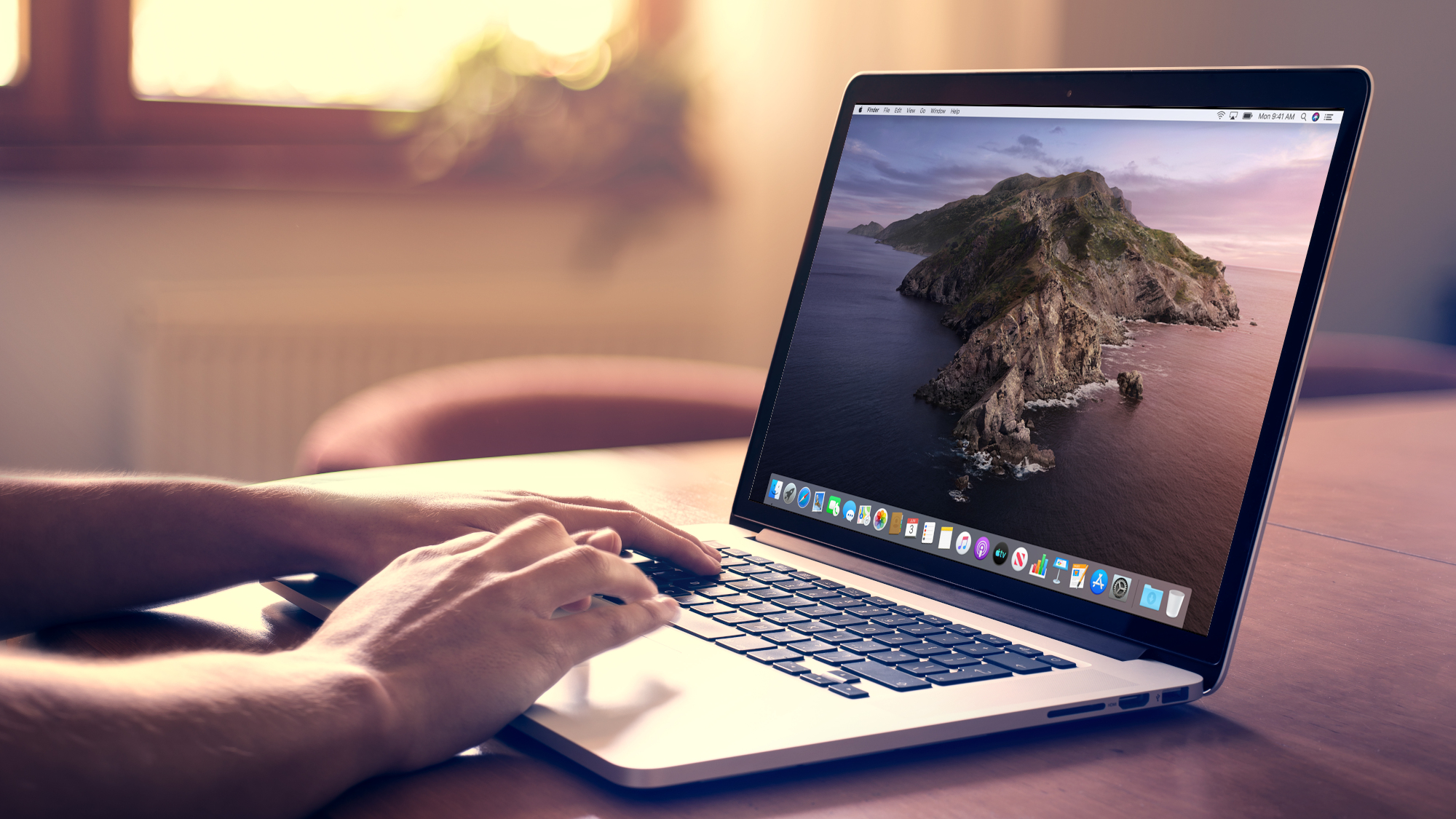Traditionally, the Mac has been regarded as a safe and secure haven compared to other desktop platforms – particularly Windows – and a common line of thinking has been that Apple computers don’t need antivirus defenses, because security is tight enough anyway, and threats are relatively scarce.
But is that still true today? The latter point most certainly isn’t…
- Our definitive list of today's Mac antivirus software
- Looking for even more protection? Grab the best VPN
- See why we rate Bitdefender so highly in our testing
Growing threat level
Mac threats might once have been far thinner on the ground than malware targeting other operating systems, but that’s no longer the case. Just a quick glance at a recent security report will tell you that.
Malwarebytes found in its latest annual report detailing the current ‘state of malware’ that over the course of 2019, Mac threats increased by 400% year-on-year, and for the first time ever, more threats were found per endpoint (ie Mac) than with Windows machines.
If any statistic will make a Mac user sit up and take notice on the security front, it’s the revelation that there were 11 threats per endpoint compared to 5.8 with Windows – in other words, nearly double the amount with Apple machines.
That stark headline isn’t the full story, though. The big caveat here is that much more malware is still aimed at Windows PCs, with the Mac getting hit more with adware and potentially unwanted programs (PUPs), or ‘malware light’ as Malwarebytes dubs it. These kind of efforts aren’t nearly as serious or dangerous as the full-fat malware out there, but they can certainly be unpleasant in at least some cases, hijacking your browser, changing your default search engine or perhaps serving up sponsored results to the benefit of the author.
Of course, we must also bear in mind that this is just a single report, and it’s unwise to put too much emphasis on any one source in isolation. However, we’ve also seen a regular drip of articles about Mac malware hitting the headlines. Witness, for example, the recent revelation of a new strain of Mac ransomware (the first such sighting in some four years).
So given this, and the apparent increase in Mac threats – which is doubtless tied into Apple’s machines becoming more popular – anyone who has been following all this will likely have become more concerned about Mac security, and rightly so.

But isn’t my Mac secure by design anyway?
Despite these growing dangers, you may well ask: but isn’t my Mac secure by design anyway?
It is true that macOS is built to be seriously secure, and Apple implements a number of measures within the operating system to that end. The firm incorporates features such as XProtect antivirus protection, and the likes of Gatekeeper, insisting that all software is digitally signed (or notarized, in other words, checked by Apple for issues or malicious code). All this helps protect those downloading software from outside of the official App Store.
There’s no doubting that the level of security provided by Apple is sterling stuff – but nonetheless, these systems aren’t fool-proof, and we have seen ways to get around Gatekeeper in the past, or attempts to trick users and foil this built-in security. Vulnerabilities at a hardware level can be another dangerous potential attack vector against Mac systems, too, as we’ve seen in the past with the likes of ZombieLoad.
Besides, as Malwarebytes points out, Apple’s integrated security measures aren’t so great about picking up the ‘malware light’ efforts we mentioned above. As the security company notes: “macOS’ built-in security systems have not cracked down on adware and PUPs to the same degree that they have malware, leaving the door open for these borderline programs to infiltrate.”
And as we’ve noted, those ‘borderline’ apps may not wreak havoc on your system like a traditional piece of malware, but you still don’t want those kind of things hanging around on your Mac.
Do I really need antivirus for Mac?
When you weigh everything up, given the increasing amounts of Mac malware – albeit with much of it not as serious as the malicious software targeting Windows – and the possibility of exploits managing to get around Apple’s (admittedly good) security, there is certainly a valid argument for backing up the core protection provided by macOS with a second layer of defense in the form of an antivirus.
Particularly considering that you can easily get the best Mac antivirus app these days, and they don't even have to cost that much.
- Read more: How to choose the best antivirus for you
from TechRadar - All the latest technology news https://ift.tt/3k0wp7T


